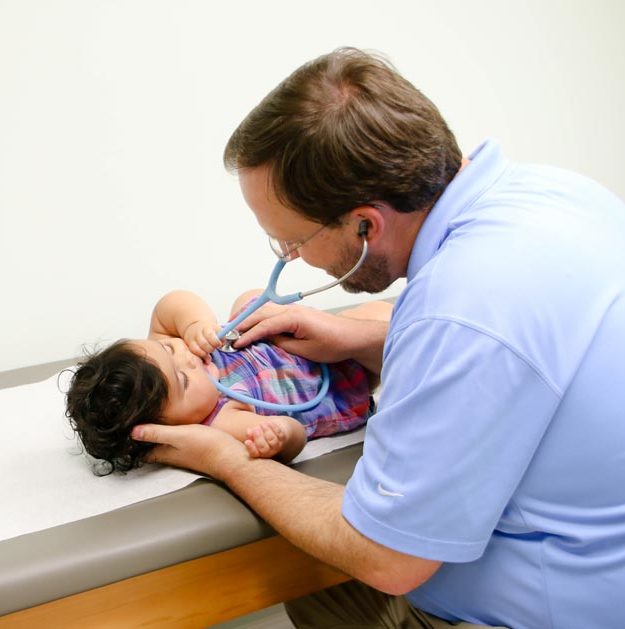
27 Dec Medical Share Plans – Are They Right For Your Family?
As we close out the new year, we look back on many of the questions that we have been asked about the practice over the past 9-10 months. Many of those questions we are able to answer on the questions and answers page of our website, but some need a little more time and space. One of those questions is what type of insurances work well with direct primary care? Dr. Nate and I are not insurance agents and we aren’t able to fully answer this question, but we can help point families in a direction to some different options that often aren’t known by many people.
We decided to start a direct primary care practice, Dockside Pediatrics, for many reasons – we wanted to spend more time with patients, know our patients better and help our patients through the medical system and often save them money! One of the main ways that we have managed to do this was to contract directly with patients and not with third party payers such as insurance companies. We know and recommend that all of our patients have some sort of insurance or catastrophic coverage in case things happen outside of the realm of the care that Dockside can provide, but we also know that this doesn’t always mean the typical insurance plans that we all see advertised on a daily basis. We have all seen the United Healthcare and Blue Cross and Blue Shield ads on television and on our computer screens, but we want to make sure that our patients are informed and know the many different options that exist.

There is a group of health plans referred to as Health Care Sharing Plans that are often not well known in the community at-large. These are plans where a group of individuals and families share their medical costs with one another instead of depending on a third-party insurance company. When a member has a medical cost, they receive funds directly from other members of the plan and in turn send their monthly share or fee to another member in need.
Health Care Sharing Plans are often much cheaper for families and individuals (often ranging from as low as $50-75/month for an individual with true catastrophic care only and up to around $500-$550/month for a family with an unlimited limit per illness). These plans also help to reduce the costs of medical care as the patients/members are seen as cash pay and can often negotiate prices lower than even the “cash” price offered by many medical groups and hospitals. The plans help with these negotiations when needed. Even members help to keep costs down because they know that they are sharing their needs with others of like minds. This helps them to take advantage of the focus on healthy lifestyles and finding treatments at lower costs that are offered by the different plans.
The Cooks and the Yandles both have used different Christian Health care sharing plans for their own families and have been very happy with them.

The plans that are probably the most known are the Christian Medical Share plans where members who share certain ideals of Christian faith and life share their medical costs with one another. There are many differences with each of the plans and families would need to look at multiple options to see if this type of plan fits their families and which one would work for them.
Some of the more common plans are:
There are some smaller groups or less common in our area:
The Christian Medical Share Plans have been most common as they have received exemptions through the Affordable Care Act and count toward having insurance on your yearly taxes. They became even more popular as prices for “traditional” insurance have increased. We, as a family, have enjoyed being able to send and receive cards with the monthly share that is sent each month. When we had our sixth child, it was wonderful to find notes of encouragement and prayers with the shares/funds that were received as part of covering the expenses of the pregnancy.
There is now a Medical Care Share Plan that is gaining popularity that does not require a member to agree to a statement of belief that the other Christian Medical Share Plans do. Sedera Health was founded in 2014 and works similarly to the Christian Medical Share Plans.
These plans often work well with direct primary care (DPC) because they offer a catastrophic type plan for families, that allows for reduced prices and allowance to shop for better care and better prices. Most medical care can be accomplished through the primary care/pediatric doctor and so these plans pair well with DPC clinics. Not only do they cover families in the event of an expensive needed medical cost, but it also allows patients to see many the other cost-saving benefits of DPC clinics, such as lower prices on negotiated labs, radiology tests, and also on medications that are given at cost through in-house pharmacies.
What a great pairing to improve patient care and reduce the cost of medicine – direct primary care and Medical Care Share Ministries. Contact us at Dockside Pediatrics if we can help point you to answers regarding insurance questions.


